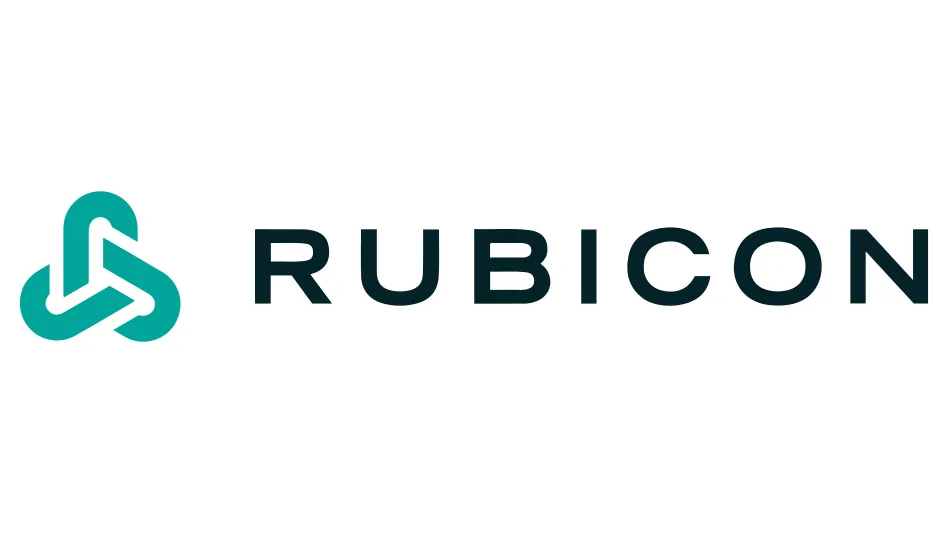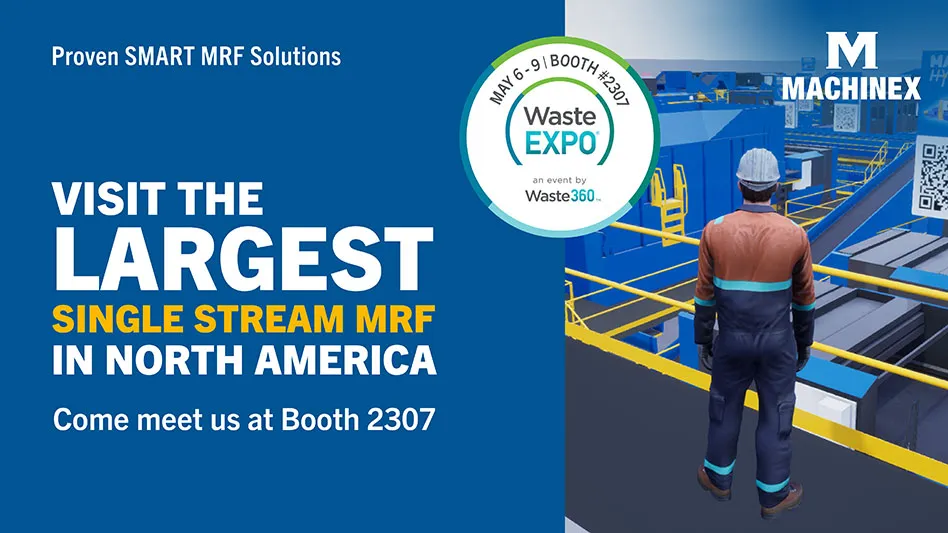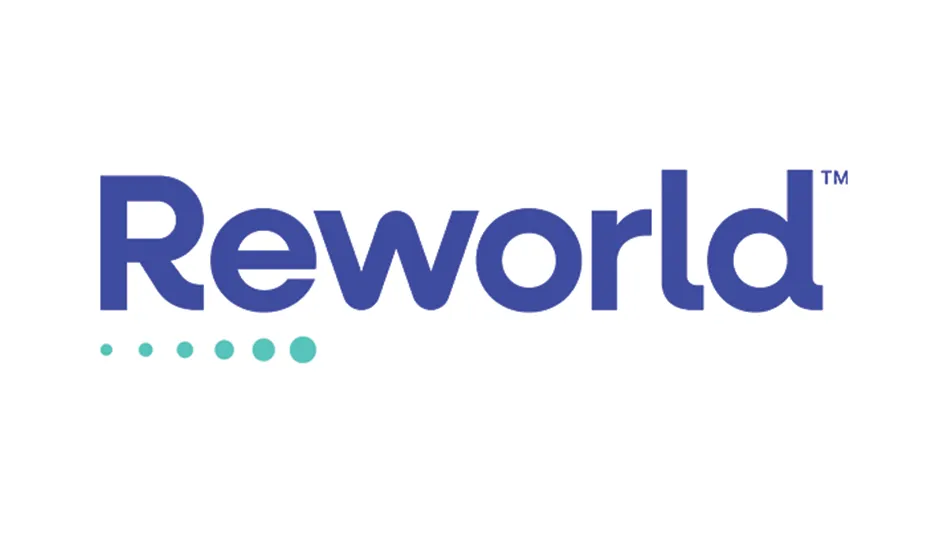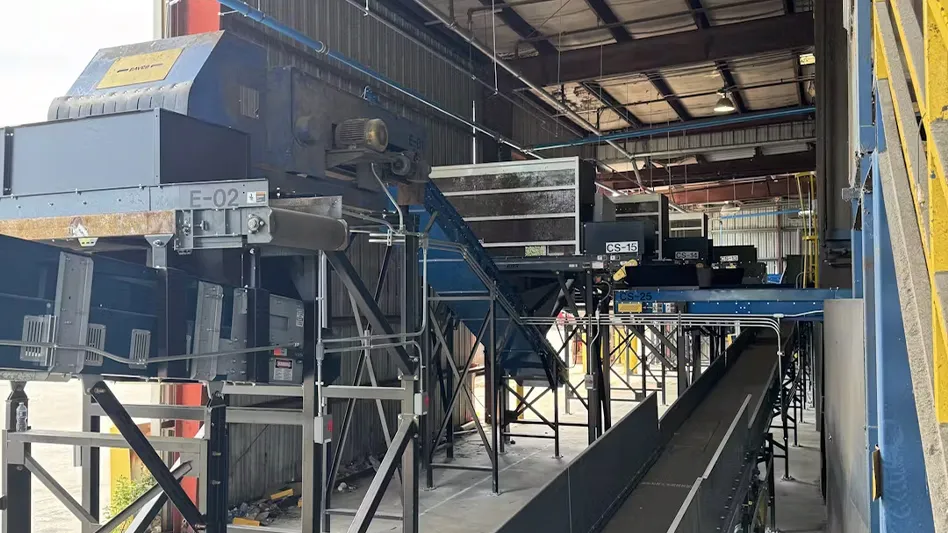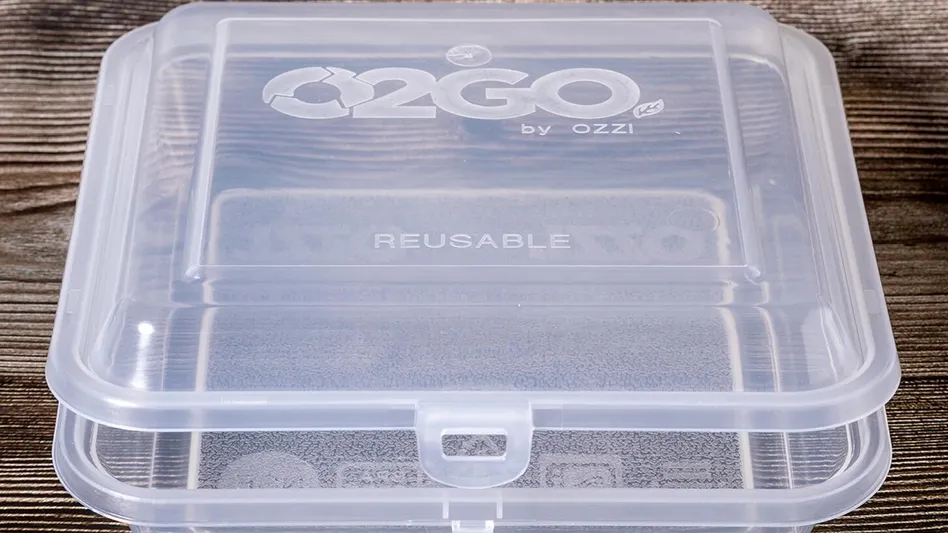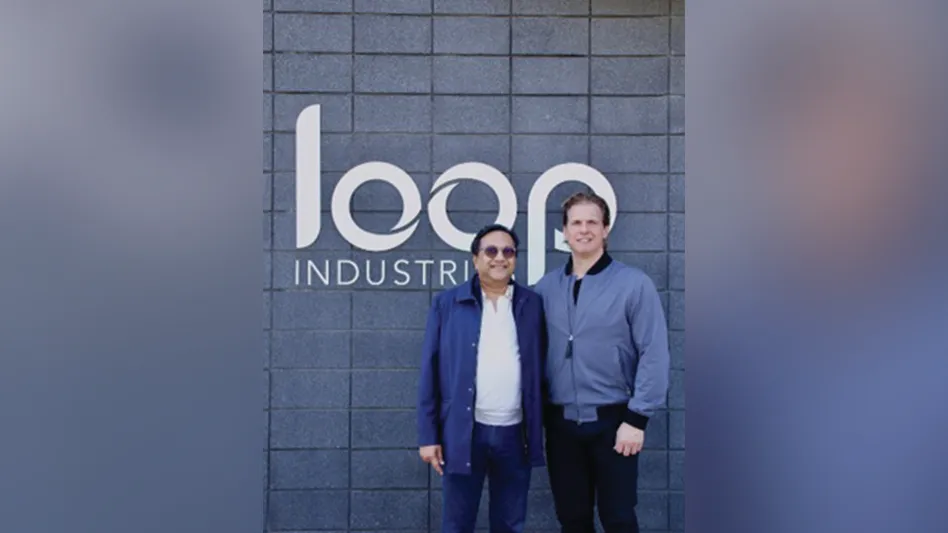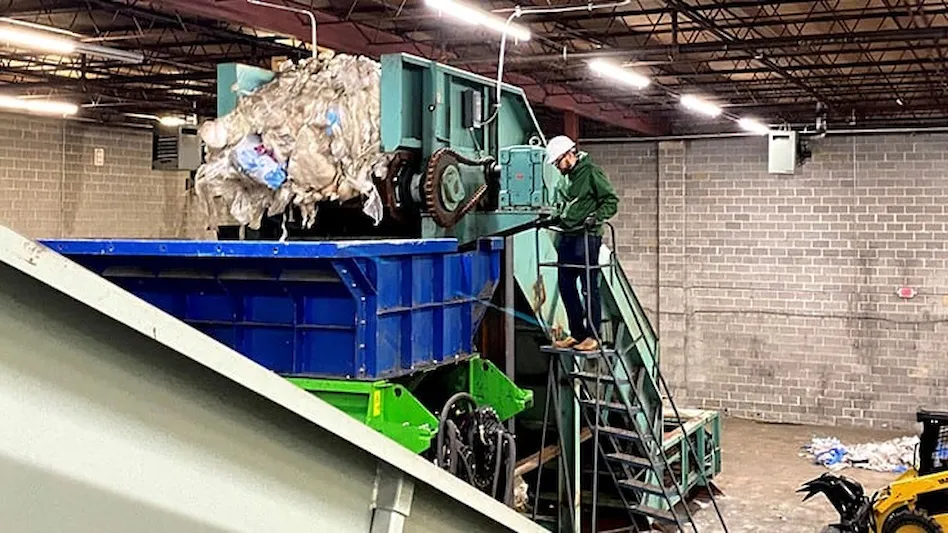
Photo provided by Nexus
Tremendous attention has been focused on the plastic waste problem—specifically what manufacturers and major brands are doing about it. Concurrently, there’s been a similar focus on the environmental, social and governmental (ESG) actions businesses are taking, with pressure coming from consumers, regulators and politicians. This, in turn, has resulted in a wide array of announced solutions that “solve” the plastic waste problem, among them molecular recycling—aka advanced or chemical recycling—of which there are believers and, rightly so, doubters.
Many agree, after basic observation, that plastics are valuable as they are hygienic, low cost, flexible and abundant. These benefits mean plastics will continue to be in great demand and production. We also can all agree that proper disposal has been and must remain a top priority for consumers as well as producers and brand owners.
However, in the last few years, global leaders have set outsized aspirational recycling goals as they seek to achieve a significant reduction of the 79 percent of waste plastics currently going to landfills or, worse, into the oceans.
One way to tackle this head on is with molecular recycling, which is a technically proven way to put postuse plastics back into circulation as virgin plastics. While the technology often is referred to as chemical recycling, and sometimes advanced recycling, molecular recycling is more accurate because many of the processes use neither chemical additives nor catalysts, only carefully balanced heat and flow to ensure efficiency and profitability. The concept has been around since the 1960s. Further, postuse plastic is reduced to its molecular origin in the process. Therefore, molecular recycling is a 100 percent circular solution that can infinitely convert end-of-life plastics back into virgin material that can be used as feedstocks to make plastic precursors.
In theory, with enough molecular recycling capacity for the landfill-bound 79 percent of postuse plastic, all plastics currently above ground would be all we would ever need since this material could be infinitely returned to virgin uses. But it should be noted that among other important issues, “technically proven” is not enough. Execution of molecular recycling is complex and reaches beyond technology.
The business side of this recycling encompassing collection infrastructure upstream and processing infrastructure downstream must meet strict regulatory requirements and requires experience in chemistry, technology, operations, safety and administrative execution to balance the myriad variables to consistently produce high-quality volumes. Above all, it must be profitable to be sustainable.
Numerous recycling companies worldwide have made announcements about future plants, production, partnerships, breakthroughs and more. All of them, Nexus included, are focused on how best to reduce waste plastics for the betterment of all.
There is no winner-take-all scenario. There is ample space for successful companies; however, these companies will emerge only if technologies are economic and are surrounded by an end-to-end business that is well-executed.
So, with so many players, technologies, approaches and more out there, how does one know who might succeed?
Here are some suggested questions for anyone—from consumer brands to investors and manufacturers in between—to ask. These questions are meant as a starting point; based on the answers provided, probing deeper is highly recommended. Getting to the right answers can help the industry begin to resolve the waste plastics problem quickly, globally and economically.
It should be noted that complex industries do not lend themselves to today’s soundbite style if important information is to be conveyed. Combining engineering and finance, by its nature, requires details suggested below.
Suggested questions to assess molecular recycling success
Q: Is molecular recycling an end-to-end business or just a technology?
A: An innovative technology is at the center of any successful company. However, to migrate from a “science project” pilot to a commercial-scale operation that is profitable and, therefore, sustainable requires cross-disciplinary skills. Molecular recycling is no different.
Entrepreneurial spirit infused with a passion to solve a worldwide problem must be coupled with expertise in engineering, operations, software, regulation/policy, strategy, marketing/communications, legal and human resources, which are all driven by financial and performance metrics. Ideally, with a leadership and implementation team that is scientifically, technically, operationally and financially literate, success is achievable with strict cost-control limitations. When assessing companies, one should ask if such resources are in place or must they be bolstered by additional support?
Q: Are complexities managed?
A: Converting plastics to marketable products, consistently at high volumes, requires doing a few things well and thousands of little things very well. Molecular conversion is only one part of that equation. Also required is upstream handling of a diverse feedstock, logistics to identify and aggregate these feedstocks, ability to remove undesirable contaminants, both obvious (metals, nonplastics and undesired plastics) and less obvious (inks, glues, labels, fillers and fire retardants moisture).
Companies can claim to take Nos.1 to 7 plastics, but the chemistry is unyielding--only Nos. 2,4,5 and 6 convert into marketable products. Removal of the others (which add costs) is a necessity. Final products must meet strict specifications, preferably, without cost-adding efforts like hydro-treating and postproduction cleaning or distillation.
Q: Is it operationally economic without grants or incentives?
A: Like any business, recycling is unsustainable unless it is financially profitable for all parties.
This may seem obvious, but discussions often focus narrowly on the technology either working or not. Cost and economics of operating the technology is too often secondary. Grants and incentives cannot be relied upon for commercially scalable projects for the simple reason that they run out and expire.
Plastic feedstocks are not free unless they are so contaminated (which adds costs) that they become unusable anyway. Yes, there are lots of “free” waste plastics, but the free sources are so contaminated they cannot be recycled sustainably.
Q: Are operations efficient and output consistently high-quality at commercial volumes?
A: Efficiency dictates economics. For example, the energy returned over energy invested (EROEI) number captures all inputs (feedstock, energy and others) and compares them to the energy value of the off-take produced.
The higher the EROEI, the better and more economic, but this parameter does not stand alone. Product quality measured as the ability of a produced feedstock to meet a certain specification consistently and at scale is just as important as efficiency. The two need to be taken into consideration together.
Q: Does it meet all regulatory requirements and is it reasonably insurable?
A: End-to-end air, water, safety, transportation, product load-out, area classification, electrical and piping compliance require proper review, approval and implementation at the federal, state and local levels.
Insurance companies are shying away from established recycling operations and even some refineries while requiring minimum engineering, technical and environmental compliance to established standards. A single significant accident could have a chilling effect that would ripple throughout the industry.
Larger buyers also insist on minimum operating standards from the companies they do business with to ensure their own interests are protected. The best product will be rejected if produced in conditions inconsistent with their corporate standards.
Q: Are hardware, software and other systems integrated to address complex operating parameters?
A: Hardware is only part of an end-to-end solution. Adjusting temperatures, flows, pressures and residence times on the fly is just as important within any operating scenario. In some cases, artificial intelligence (AI) linked to the production system’s numerous input/output points may be required to achieve consistent and reliable performance.
Plastics-to-oil is an imperfect science given the broad array of inputs and cannot rely solely on human reaction. A combination of soft and hard solutions is necessary to achieve desired production and economics.
Q: Is the company’s profit model about licensing its chemical recycling technology?
A: The current state of molecular recycling is not well-suited to licensing the technology to nonexperts. There are simply too many technical and operational nuances and “soft” factors to reliably and economically run a plant unless one possesses specialized skills and knowledge. Unfortunately, some past licensing efforts have proven this out.
Over time, at the point when all the elements above have been compiled within system software and detailed operational and maintenance procedures, licensing will no doubt prove to be a powerful tool for scaling within the industry.
Q: What is in-house versus third-party driven?
A: Institutional knowledge is critical for developing and deploying any early-stage technology. Rapid innovation and improvement are the norm. Outsourced software development, engineering, plant operation, feedstock sourcing and even construction do not allow for the rapid iteration required to keep any novel business on course when changes or improvements are needed.
Possessing an in-depth knowledge of every aspect of the business can only come from actually “doing it,” which goes a long way toward increasing the odds of that business surviving and thriving.
This knowledge is not easily obtained, and while it may be found in detailed operations manuals, those manuals are only rarely read and more . is the information in them assimilated, which can ultimately slow growth and even destroy the business (See the point about licensing above.)
Eric Hartz is president and co-founder of Nexus LLC. Nexus is an Atlanta-based operational, commercially scaled converter of waste plastics to feedstocks that are used to create virgin plastics. So far, the company has diverted 3 million pounds of landfill-bound plastics into new materials. For more information, email jjordan@nexusfuels.com.
Latest from Recycling Today
- Novelis quarterly, full-year net sales down; CEO reports ‘strong improvements’
- Meeting the decarbonization challenge
- Cyclic Materials expands leadership team
- Paper cup acceptance at US mills reaches new milestone
- EPA announces $3B to replace lead service lines
- AMCS showcasing Performance Sustainability Suite at WasteExpo
- New Way and Hyzon unveil first hydrogen fuel cell refuse truck
- Origin Materials introduces tethered PET beverage cap
